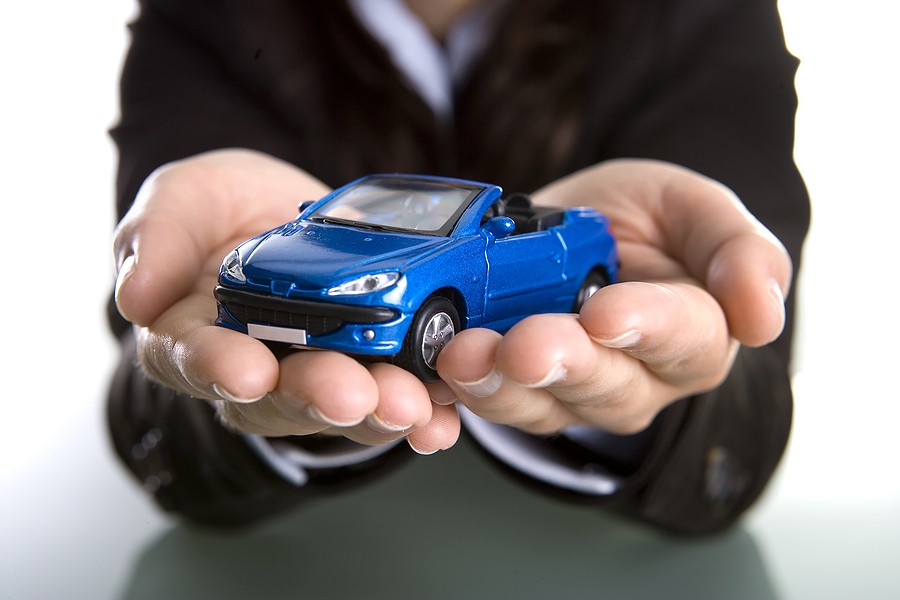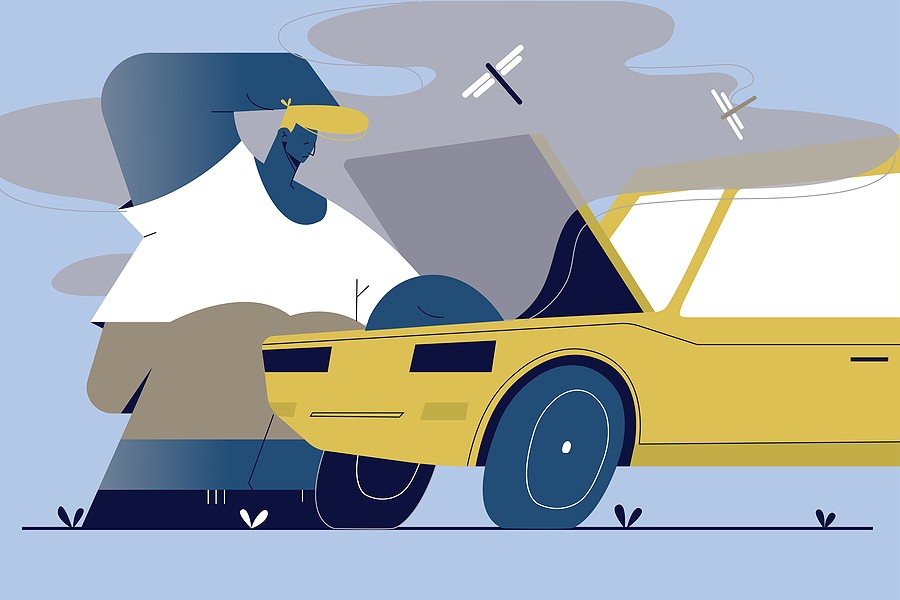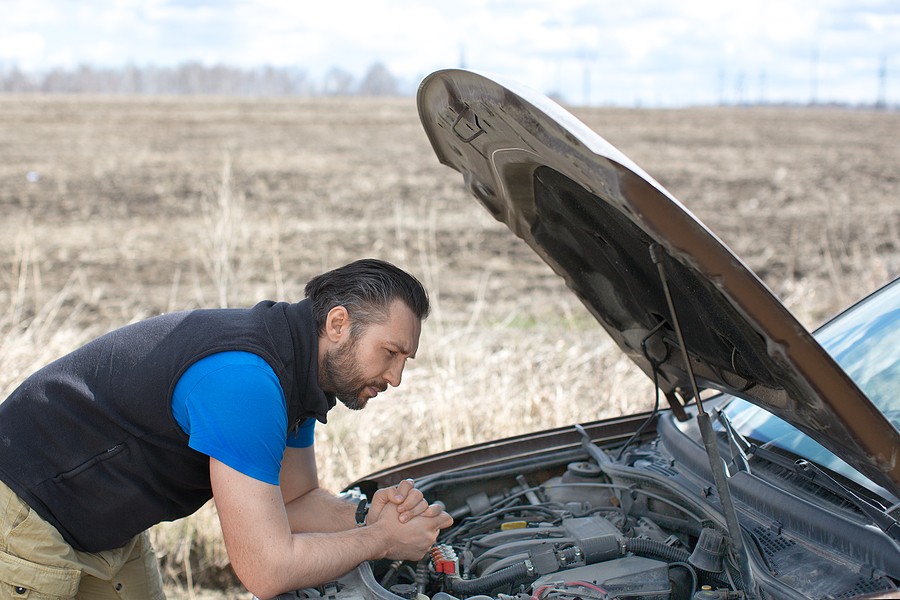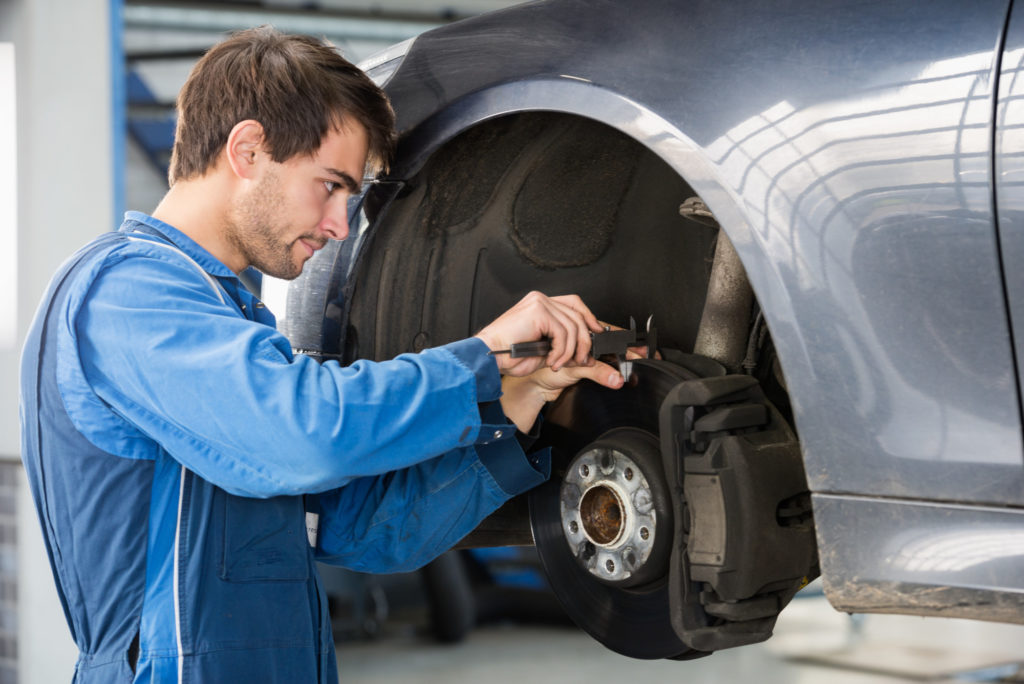Out of all the car accidents caused by vehicle failure, 22% can blame faulty brakes. Tire blowouts are the only malfunction that causes more accidents.
A working brake system is one of the most critical safety features in a car. Without working brakes, you can lose control of your car and get into an accident.
Is there a way to prevent accidents caused by brake failure?
Luckily, regular maintenance checks and repairs can prevent major problems with your brakes. But sometimes, the brake calipers need to be replaced.
Read on for the warning signs of a bad caliper and how to replace it.

What is a Brake Caliper?
Many cars use a disc brake system, especially in the front wheels. The tire is bolted to the rotor, which is a flat metal disc.
When you step on the brake pedal, the caliper clamps down on the rotor to make the wheel stop turning. Inside the caliper are pistons and brake pads. The pistons push the brake pads against the rotor to stop the wheel.
The caliper is the main brake mechanism on each wheel, so your brakes won't work without it.
A caliper might last for the life of your car. It might last up to 100,000 miles or 10 years. But, harsh climates and infrequent driving can make your calipers wear out sooner.
A brake caliper replacement can cost between $724 and $1,442, so it can be an expensive repair.

Types of Calipers: Floating vs. Fixed
There are two types of calipers — floating and fixed. The two types differ in the way that they are mounted.
Floating mounts have pistons on one side. When you use the brakes, the caliper slides toward the rotor and engages the brake pads. Fixed mounts have pistons on both sides. The caliper doesn't move and the brake pads squeeze the rotor from both sides.
Floating calipers are the most common type because they're cheaper. They're also easier to install, which is why they're used on most mass-produced cars. Floating calipers work well and have an affordable price and labor cost.
Fixed calipers require skilled installation because the caliper doesn't move. Installation has to be exact. Fixed calipers have better performance, but they do cost more than floating calipers. They're used in high-performance vehicles and motorcycles.
Warning Signs of Bad Brake Calipers
If your brakes fail while you're driving, it can cause a serious accident. If you think you might have a brake issue, have it checked out by a mechanic as soon as possible.

Leaking Brake Fluid
If you notice fluid under your car, near a tire, or on the caliper itself, it's a sign of a bad caliper. This is a serious problem, so get it checked out right away.
Your Car Pulls to One Side
If a caliper is stuck, it can make your car pull to one side when you're driving or braking. A stuck caliper will actually make the wheel drag since the brake is engaged when it shouldn't be.
Grinding or Squealing Noises
If you hear scraping, squealing, or grinding sounds when you hit the brakes, it could be a bad caliper. Thudding or high-pitched sounds are also a sign of a problem.
Your Brake Pedal Feels Too Soft
If your brake pedal feels mushy, it can be a sign of a bad caliper or leaking brake fluid. If it takes more effort to stop, that can also point to a caliper issue.
Bad Calipers: Fix or Replace
In some cases, the caliper won't need to be replaced. It might just need some minor repairs like cleaning, greasing, or new brake pads.
Floating calipers slide on pins, but dirt and debris can make the caliper stick. Sometimes the pins can be cleaned and greased with brake lubricant.
If you have a caliper that sticks and you don't address it soon, it can lead to serious damage. A caliper that sticks can wear down the brake pads, lower your gas mileage, and even bend the rotor. Eventually, you'll have to replace the entire caliper.
But, if you notice cracks in the caliper or you can see brake fluid on it, the caliper will have to be replaced. Also, if you have any of the above warning signs your caliper is going bad, you'll need to get it replaced.
How to Replace Calipers Yourself
If you can't afford to pay a mechanic to replace your calipers, you can do it yourself if you have experience with cars.
But, it depends on what type of calipers your vehicle has. You can replace floating calipers yourself, but you should leave fixed caliper replacement to the pros.
Before you replace the caliper, park your car on level ground and put on the emergency brake. The car will also need to be on a jack. It's wise to wear gloves since brake fluid can be dangerous.
First, you'll need to remove the tire. Then, loosen the bolts on the caliper and remove the brake line. The brake line needs to be capped off to keep the brake fluid from draining out of the system.
Next, take the caliper off of the mounting bracket and match the new caliper to fit. Install the slides (they're included with floating mount calipers).
Bolt the caliper to the wheel and reconnect the brake lines. Finally, remove bubbles from the brake lines by bleeding the system. Reinstall the wheel and tire and take a test drive to make sure everything works.

Is it Worth it to Fix the Calipers?
Fixing brake calipers can be an expensive repair job. That's why it's important to think about your car's value.
If you have a newer car, it's definitely worth the repair. But, if your vehicle is old and has a lot of miles, you might want to rethink it.
For older cars, repairs might cost more than the car's value. Paying to fix the transmission, brakes, or suspension can be a waste of money.
If you think it's time to sell your car, use our car value calculator. Then, contact us for an offer. Cash Cars Buyer can pay you cash for your car in as little as 48 hours.




